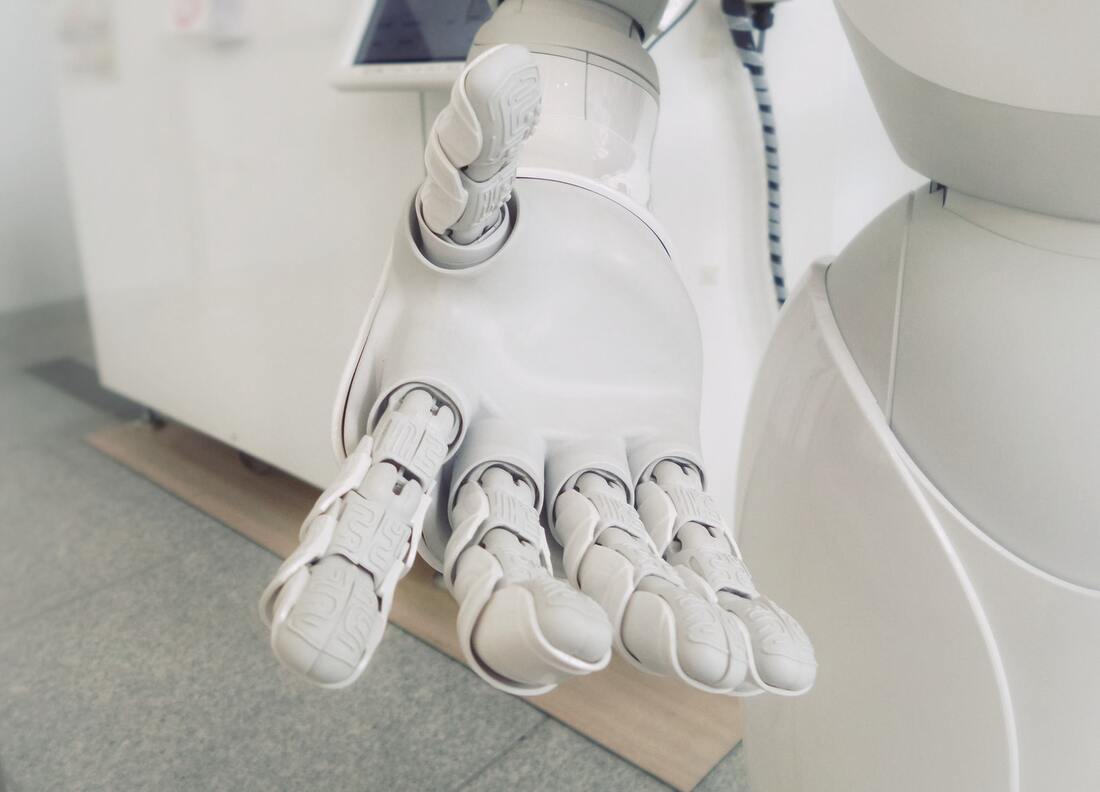|
By: Cassidy Fu When the topic of artificial intelligence (AI) arises, many people immediately jump to its use in entertainment, technological developments, or commerce. However, AI’s use in healthcare is a promising subject as new advances are made in genetically based biotechnology, drug discovery and development, medical visualization, improving personal health records, AI-powered devices for surgery and improving patient care and monitoring. Artificial intelligence is a branch of computer science that is concerned with building smart machines capable of performing tasks that typically require human intelligence. They are usually designed to make decisions, sometimes using real-time data. This can be a fascinating topic to explore moving forward as there have been concerns with AI replacing jobs in healthcare. However, there's been a shift in opinion in that AI can actually help enhance physicians' and surgeons' work and be a vital asset to healthcare rather than replace jobs in the industry.
One example of AI use is drug discovery and development, where AI helps with toxicity assessment and innovative trial design. AI can help interpret data in the form of a picture or a video, such as the ability for deep learning to engineer computer vision algorithms to classify images of lesions in the skin and other tissues. Deep learning is the multilayered nature of machine learning that shows much promise in the field of image recognition. Another significant usage of AI is its potential for using databases to detect trends and predict health outcomes. For example, using AI to extract data from text narratives and getting predictive algorithms using medical tests' data. AI can also be beneficial in helping with tactile data processing to enhance the interpretation of tactile information. This is very useful for minimally invasive surgeries because there are lower tactile feedback and less direct touching in these surgeries than conventional surgeries. This means that the use of tactile data processing is crucial to help translate sensory input into data or stimuli that can be perceived by the surgeon. Another example of how tactile sensing using AI is essential is how it is used to screen for breast cancer. This AI incorporated tactile sensory system can detect mass calcifications inside the breast tissue based on palpation of different tissue points compared with varying data of reference, which can determine if there are abnormalities with the breast tissue. With AI usage in medicine, it decreases manual labour and frees up physicians' time, increasing productivity, precision, and efficacy. Some examples include a senior wellbeing support system called PAC, which stands for program AI-assisted care. It helps sense behavioural changes in the elderly living alone and ICU patients using multiple sensors. The PAC project also looks at ways to achieve perfect hand hygiene for clinicians and nursing staff. Additionally, a company called IBM Watson Health uses AI to more efficiently identify symptoms of heart disease and cancer, which can enhance physicians' diagnosing abilities. Although there are many great uses of AI, many considerations still need to take place. As many physicians are still waiting for evidence to see the usefulness of these tools, and there are some ethical issues as well. For example, the ethical dilemma over whether physicians will be held responsible for an injury due to an AI tool they don't fully understand. With the rise of AI, it has many promising applications in healthcare. It can improve patient care, increase efficiency, accuracy, and precision. However, many ethical issues will have to be discussed if these new technologies are implemented. References Amisha, Malik, P., Pathania, M., & Rathaur, V. (2019). Overview of artificial intelligence in medicine. Journal of Family Medicine and Primary Care, 8(7), 2328. doi:10.4103/jfmpc.jfmpc_440_19 Bohr, A., & Memarzadeh, K. (2020). The rise of artificial intelligence in healthcare applications. Artificial Intelligence in Healthcare, 25-60. doi:10.1016/b978-0-12-818438-7.00002-2 Laï, M., Brian, M., & Mamzer, M. (2020). Perceptions of artificial intelligence in healthcare: Findings from a qualitative survey study among actors in France. Journal of Translational Medicine, 18(1). doi:10.1186/s12967-019-02204-y
0 Comments
Your comment will be posted after it is approved.
Leave a Reply. |
Categories |


 RSS Feed
RSS Feed